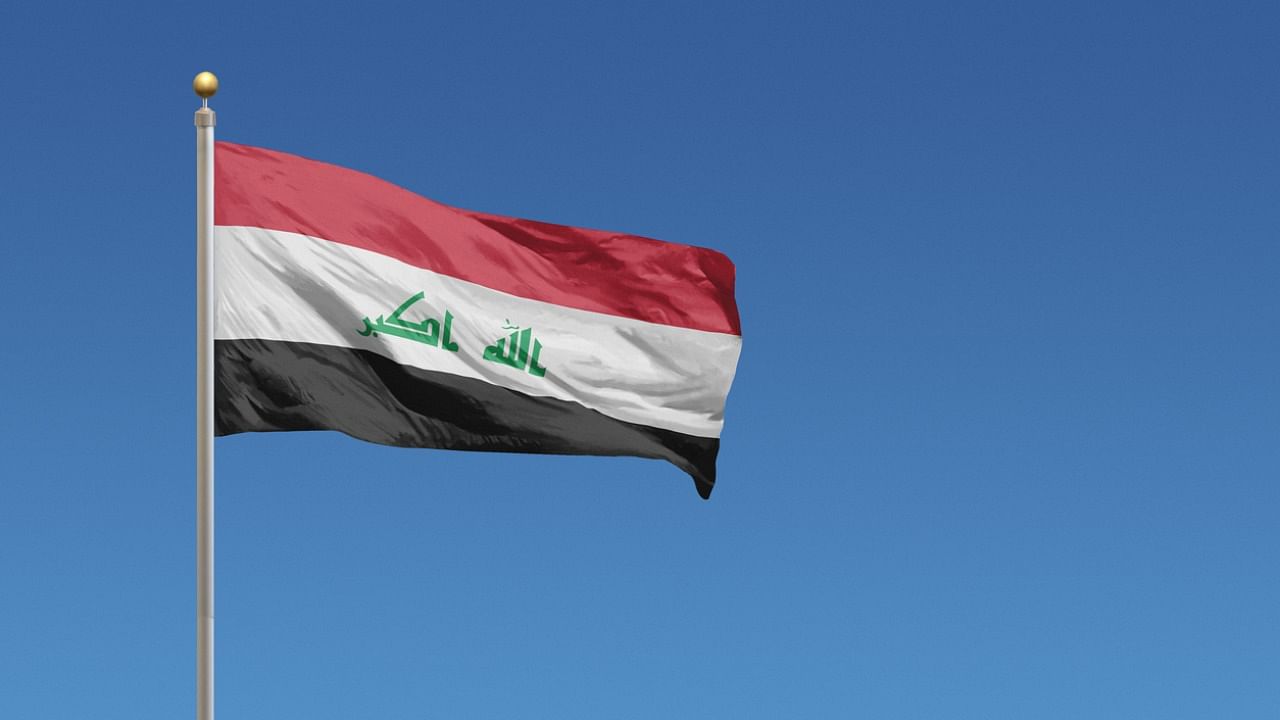
More than three decades may have passed since they were held as human shields by Saddam Hussein in Iraq, but those caught up in the ordeal still want answers.
Passengers who were taken off British Airways Flight 149 in Kuwait on August 2, 1990 want the UK government to admit liability, apologise and release a secret report about what really happened.
A new book, "Operation Trojan Horse", claims the authorities in London used the flight to deploy nine military intelligence officials in Kuwait and knew the civilians risked capture.
Author Stephen Davis said the plane landed despite Britain receiving US intelligence announcing the Iraqi invasion three hours and 45 minutes beforehand and the control tower in Kuwait turning away all other flights that night.
Shortly afterwards, Iraqi jets pounded the runway with bombs before tanks and troops surrounded the airport as Kuwaiti defences capitulated.
Some of the 367 passengers and crew who were taken off the Kuala Lumpur-bound jet spent more than four months in captivity.
They were placed at sites throughout Iraq thought likely to be targeted by a Western military coalition.
One of them, Barry Manners, 55, was travelling with his then-boyfriend to Malaysia at the time.
He said in London this week that the "conspiracy of silence" about what happened had destroyed his faith in authority.
"It's the antithesis of every value you were taught, the whole essence of Western society," he told AFP.
Another, Margaret Hearn, 65, said: "I trusted British Airways. It makes you very angry. Luckily, I came out of it, but no thanks to them."
Reliving his time as a hostage, Manners, a landlord, said he befriended his captor, an engineer at Dukan Dam in northern Iraq, but constantly worried about food shortages and that the guards would be ordered to shoot prisoners.
"You refuse to believe you're going to be released -- you have these false dawns and it's debilitating," he said at the launch of Davis' book.
Manners burst into tears upon returning to London, after more than four months in captivity, but suffered from deteriorating mental health after his partner died in 1992.
"There were times when nihilistic thoughts became so intrusive. There was no joy in the world," he said.
"It's difficult to know how much was bereavement and how much was trauma from Iraq -- the two were a toxic combination."
Hearn was moved from Kuwait to Basra, Baghdad and two detention facilities in the Iraqi desert during five weeks of captivity.
A photograph of her two young children always triggered tears, she recalled, but said boredom gradually replaced terror.
"I was numb -- you stop feeling things. You can't keep up that intensity of fear and worry," she added.
Hearn recalled detainees bonding with friendly guards through games of football, videos and food -- in contrast to the "horror story" of assaults, mock executions and starvation Davis claims were inflicted on some prisoners.
"We were just a gift to Saddam. I dealt with it by putting it in a box and not looking at it again," she said. "I never want to feel that frightened again."
Cardiologist Richard Balasubaramian, 49, was held for two weeks under house arrest in a Kuwaiti hotel.
The Malaysian authorities organised evacuations, offering Balasubaramian an escape thanks to his half-Malaysian family -- but only after two scorching 20-hour bus journeys across the desert to Jordan.
"It was surreal, scary, almost like you weren't there. We felt guilty about leaving the people who stayed behind," he recalled.
"I lost my youth in Kuwait. I'm much more anxious for it. That joyous, carefree element I had before -- I lost that."
Davis is supported by a former diplomat at Britain's embassy in Kuwait, who also claims senior politicians bypassed normal channels to force through an ill-conceived plan to move intelligence personnel.
A two-hour delay to take-off at London's Heathrow Airport -- supposedly due to air conditioning problems -- allowed British staff to board at the last minute, Davis said.
He added that the prime minister at the time, Margaret Thatcher, lied to parliament and BA threatened crew and passengers to hush up the affair.
BA declined to respond to AFP's request for comment. The airline and Britain's defence ministry have always denied accusations of negligence, conspiracy and a cover-up.
In 2003, a French court ordered BA to pay 1.67 million euros to the flight's French hostages, saying it had "seriously failed in its obligations" to them by landing the plane.